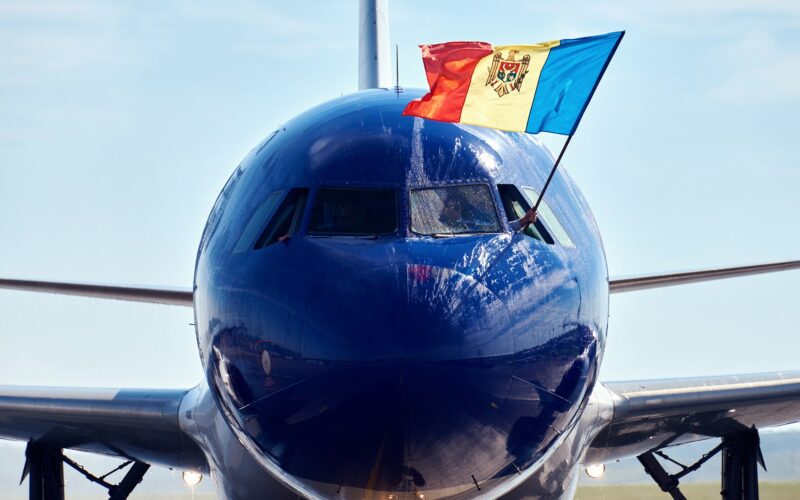The United States (US) and Moldova have established an Open Skies agreement, forging a modern civil aviation relationship between the two nations.
The US Department of State has announced that representatives of both parties signed the Open Skies agreement in Chisinau, Romania, on May 18, 2023. Attending the ceremony was the US Deputy Secretary of State for Management and Resources Richard Verma. Lilia Dabija, the Minister for Infrastructure and Regional Development of Moldova and Dorin Recean, the Prime Minister of Moldova, represented the European country.
“The Agreement establishes a modern civil aviation relationship with Moldova. It includes unrestricted capacity and frequency of services, open route rights, a liberal charter regime, and open code-sharing opportunities,” read the announcement by the US Department of State. According to the office, the Open Skies agreement will be applied provisionally once signed, entering into force after the US and Moldova “exchange of diplomatic notes confirming that all necessary internal procedures for entry into force of the Agreement have been completed”.
This is the first bilateral air transport agreement between the two countries.
“This Agreement with Moldova will expand our strong economic and commercial partnership, promote people-to-people ties, and create new opportunities for airlines, travel companies, and customers,” the Department of State continued. Furthermore, airlines will now be able to provide cheaper, more convenient and efficient air services between the two countries, which should boost tourism and business relationships between them.
“The Agreement also commits both governments to high standards of aviation safety and security,” the Department concluded.
The US has over 130 Open Skies agreements with countries worldwide, enabling airlines based there to access those aviation markets easier, thereby connecting the US economy to various growing markets.
Currently, the US Federal Aviation (FAA) has not included Moldova in its International Aviation Safety Assessment (IASA) program. The program, which assesses the level of safety in various countries, allows another country’s airlines to fly into the US or begin a code-sharing agreement with a US carrier if they meet the FAA’s safety standards.
“Through the IASA program, the FAA focuses on a country’s ability, not the ability of individual air carriers, to adhere to those international safety standards and recommended practices,” the FAA noted.
Countries that do not meet the safety standards set by the International Civil Aviation Organization (ICAO) are placed into Category 2. The list of such countries currently includes Bangladesh, Mexico, the Organization of Eastern Caribbean States, Russia, Thailand and Venezuela.

